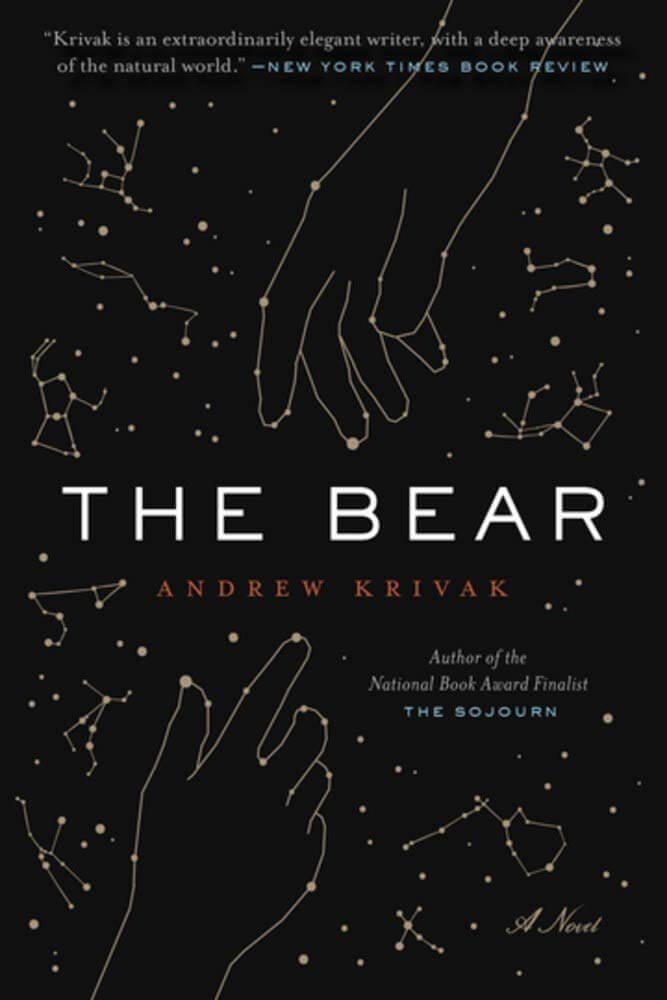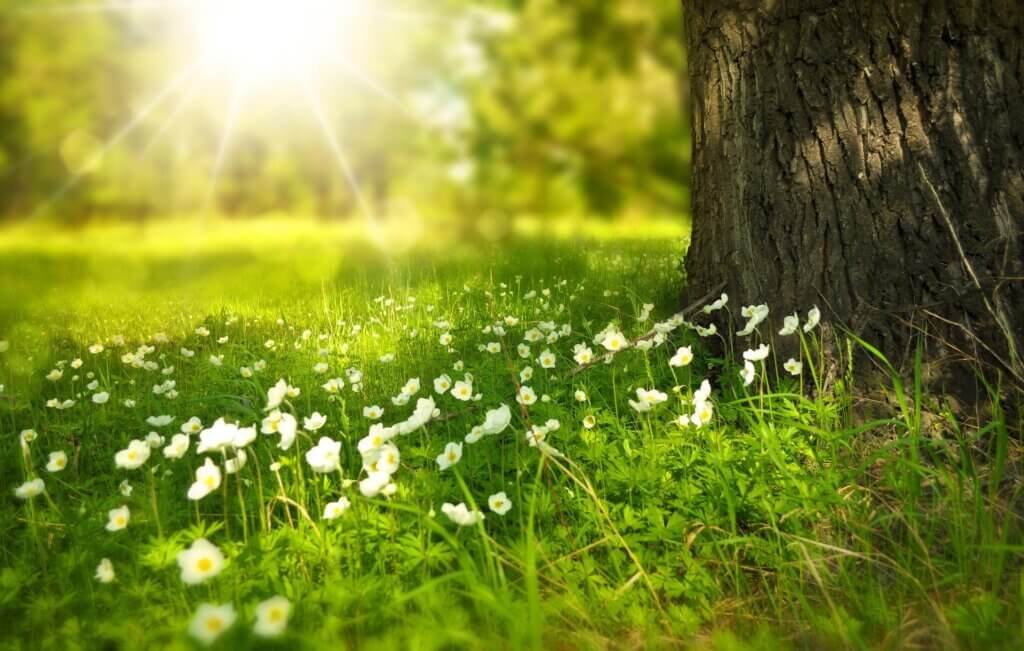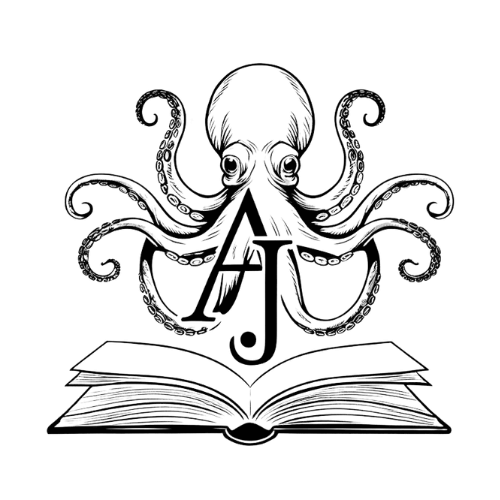Book Review of The Bear by Andrew Krivak

Title: The Bear
Author: Andrew Krivak
Genre: Coming-of-age, Fable, Science Fiction / Fantasy, Literary Fiction, Eco-Fiction
Publisher: Bellevue Literary Press
Release date: 2020
Pages: 221
Summary
The Bear by Andrew Krivak takes place in a future where a girl and her father are the last of humanity. They do not know why the rest of humanity has died out and they live in a house at the foot of “the mountain that stands alone.” The father teaches the girl how to read the patterns of nature and how to survive while still holding on to some remnants of humanity – a pane of glass (the skill to make glass long-since lost), some books, and stories of the girl’s mother before she died.
As the back blurb says, “when the girl finds herself alone in an unknown landscape, it is a bear that will lead her back home through a vast wilderness that offers the greatest lessons of all, if she can only learn to listen.”
While grieving the loss of her father and knowing that she is the last of humanity, the girl continues on with the help of a bear who speaks to her. He tells her that animals all used to be able to speak, along with the trees, but the humans stopped listening.
Through a bitter winter, the bear needs to hibernate and the girl is again on her own. In vivid detail, she lives off the land, making arrows, hunting, and fishing. She must learn to read the nuances of nature around her in order to survive.

The Writing Style of The Bear
The Bear is a fable, written in simple but poetic prose. At 221 pages, it is a quick read but leaves a lingering sense of love, loss, beauty, and peace.
In stunning detail, Krivak explains how the girl lives off the land. She drinks pine needle tea and makes fires and bows and arrows and snowshoes.
The pace of the story and the simplicity with which it is told cause the reader to slow down and, in many ways, the reader can feel the difficulty of the challenges the girl is experiencing as she struggles to return home. But not only that, the pacing allows the reader to be present, to experience the natural world along with the girl.
As I discussed in my previous blog post, The Bear can be considered Eco-Fiction because of its focus on nature and the environment. Nature takes on the quality of another character as it drives the narrative and affects the girl’s choices.
“Some animals of old have said it was the trees themselves that taught them to speak, for they never make an unnecessary sound. Each word, like a breath, carries with it some good, some purpose. For this reason, trees are the wisest and most compassionate creatures in the woods. They will do all in their power to take care of everyone and everything beneath them, when they have the power to do it.”
The Bear by Andrew Krivak p.122
Overarching Themes of The Bear
The Bear explores themes of nature’s dominion and resiliency — that even when humanity has died out, nature will live on. Through the girl’s determination, we see the beauty of continuing to exist and to live even when there is no hope of a bigger purpose. Even though she knows she is the last of humanity, she continues on, becoming part of the ecosystem herself.
As she is able to hear the bear speak to her, I am struck by themes of reconnecting with nature. In this story, the other humans lost the ability to communicate with nature, but the girl regains the ability when the rest of humanity fades away and nature becomes her only ally.
Final Impressions
I’ve never read another book quite like The Bear. It reads like a bittersweet, post-apocalyptic folk tale. The prose is simple but engaging and beautiful. If you enjoy reading survival stories of characters who learn to connect with nature, this book will not disappoint.

Thanks for reading this post! If you’d like notice of new blog posts or book news, please subscribe to my mailing list.


Very nice review, I look forward to reading your next one!
Thanks so much!